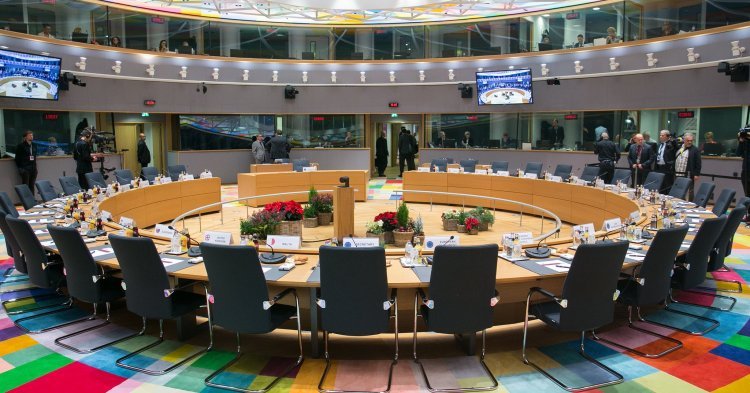In his book Liittovaltiot (“Federations”) in 2002, the Finnish political scientist Tapio Raunio found that no federation in the world has a unanimity requirement for changing its federal constitution. Unanimity would be an overly rigid requirement and paralyse the system. Famously, in the United States, a minimum of three quarters of the states must accept changes to the constitution. As a result, reaching agreement on changes such as a clarification of the Second Amendment on gun rights (adopted in 1791) is unimaginable.
The EU is meant to be a rapidly evolving system in a fast-changing world. If even a three-quarters majority makes for a notoriously rigid system, can we be confident that a unanimity-based EU can make it?
Stuck with Cerberus?
In fields such as foreign policy and the economic governance of the EU, new systems and institutions are constantly proposed. Amid the flurry of ideas, we can hardly say that we’ve reached the final station of the European project. At some point, we will need to go back to the drawing board.
To take just one example, the current Lisbon Treaty is woefully unclear on who actually decides on the EU’s foreign policy. On the one hand, the High Representative – a post currently held by Federica Mogherini – “shall conduct the Union’s common foreign and security policy”. On the other hand, the European Council President – a post currently held by Donald Tusk – “shall, at his level and in that capacity, ensure the external representation of the Union on issues concerning its common foreign and security policy, without prejudice to the powers of the High Representative”. To complicate the matters even further, prime ministers of different countries are occasionally pulling in different directions. As a result, it’s hard to ever be certain who has the last word. We deserve better than this Cerberean system. That will have to mean reworking the treaties.
The EU will enlarge further. For example, when countries of the Western Balkans join, the EU will consist of more than 30 member states. With previous enlargements of the EU, the requirement of unanimity in day-to-day policy-making has already been relaxed because otherwise there would hardly ever be agreement on anything. As the EU enlarges further, the principle of improving the EU’s flexibility also has to be taken further. If not, we might be stuck with the Cerberus forever.
Want more safeguards? Why not let the people have their say!
Even though flexibility is necessary, some might still want a counterweight. At the same time, bringing decision-making closer to the people is a worthy objective. Why not, then, put the revised treaty to a European-wide referendum? Tapio Raunio’s book reveals that the practices for changing federal constitutions vary across the world. The next step for the European model could be a dual majority of citizens and member states, corresponding with the idea of day-to-day co-legislation by the European Parliament and the Council of Ministers.
So far, making changes to the EU treaties has been an inflexible, intergovernmental affair. That has to change. By letting a qualified majority decide, and introducing a popular vote as a safeguard, we can help ensure that the EU remains capable of fixing itself where needed.


Follow the comments: |
|
